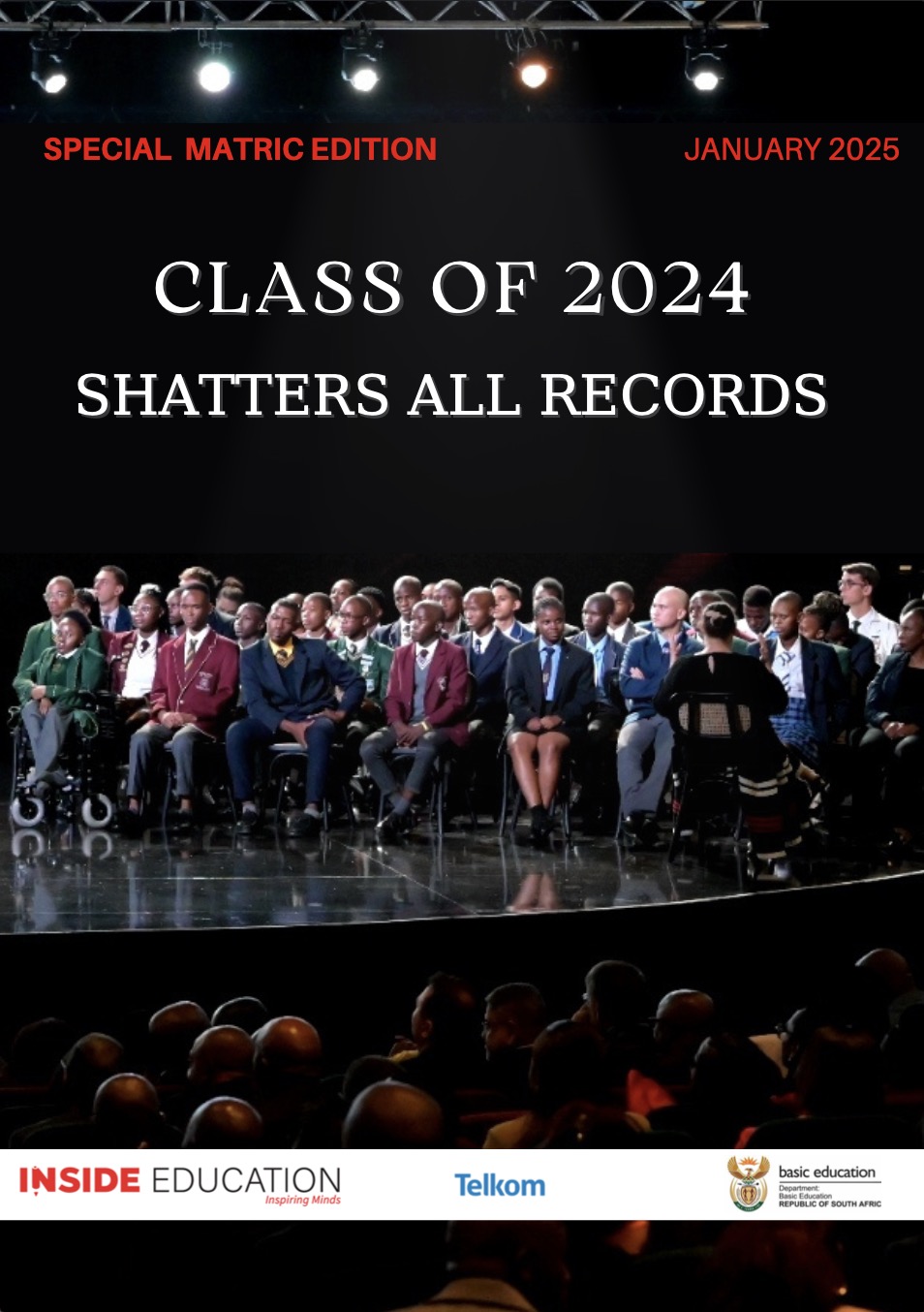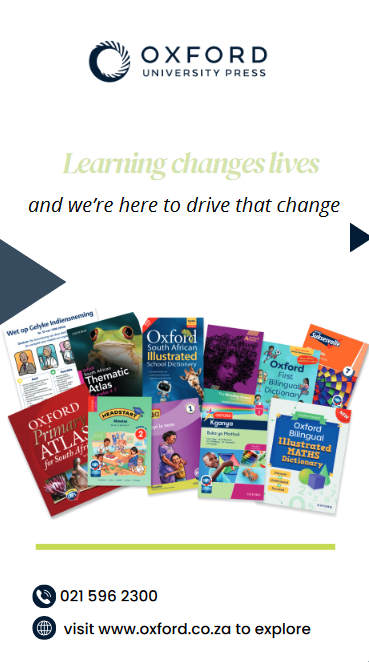By Amy Musgrave and Edwin Naidu
The practice of universities collecting application fees from students who make it or not into their institutions has been called into question by the Portfolio Committee on Higher Education.
The committee, which has been visiting various institutions of higher learning in the North West and Gauteng to establish their readiness for the 2025 academic year, says honest and transparent discussions needs to take place.
Universities receive thousands of applications every year, but they are unable to accommodate most students due to limited space. However, many of these institutions do not refund the application fees of those who are not admitted.
Following an oversight visit to the University of Tshwane (TUT), the committee said in a statement over the weekend that open and candid discussions about non-refundable university application fees were needed.
“The committee raised concerns about the practice of universities collecting application fees regardless of whether a student is admitted or not. It emphasised the need for greater transparency.
“The committee also questioned how these funds are utilised and the total amount collected annually. It highlighted the importance of accountability on funds collected from student applications fees,” the statement read.
TUT Vice-Chancellor Prof. Tinyiko Maluleke told the committee that processing applications involved significant work, including verification and communication, regardless of the outcome.
This highlighted the administrative effort required to handle applications, even if they were unsuccessful, the statement said.
Last month, it was reported that the University of Witwatersrand received more than 140,000 applications for the 2025 academic year, but placed 6300 new students, showing the heavy demand for places.
It charges R100 for each online application, while non-South Africans, mainly from the continent, pay R700 for the privilege.
Wits, which is one of the country’s top universities and beneficiary of generous donations, makes around R15 million through rejected applications. However, the online application process is not unique to Wits; every institution is tasked with accepting applications in this manner.
Responding on social media, Wits head of communications, Shirona Patel, said that like other universities, it charged an application fee of R100 per applicant as approved by the education department.
“Wits University’s application fee has remained the same for the past six years. The university employs hundreds of assistants, senior students and part-time staff to assist with the application, administration and orientation programmes at the beginning of the year. In addition, online platforms and concomitant technology requires licensing and technical attention,” she said.
She said not only was it a huge task to process all these applications, university was a non-profit institution, and all proceeds go went the academic project and student support.
While some universities have waived application fees for local students, institutions with application fees include the University of Cape Town, whose application fee in 2025 is R100 for South African and Southern African Development Community (SADC) applicants and R300 for other international applicants. Universities that charge a fee include:
- The University of Pretoria application fee for 2025 is R300
- University of Johannesburg: application fee is R200 for hardcopy applicants, free for online applicants.
- University of South Africa’s fee is R140 for online applications
- Tshwane University of Technology’s fee is R240
Universities with no application fees are:
- University of the Western Cape: Free online application
- University of Limpopo: Free online application
- Central University of Technology: Free application
- Nelson Mandela University: Free for South African citizens
- University of Free State: Free application
- Walter Sisulu University: Free application for local students
Meanwhile, the deputy director-general for the university education branch at the Department of Higher Education and Training (DHET), Marcia Socikwa,
underscored the need for standardisation across the sector to streamline student interface systems.
According to DHET, 24 out of the 26 universities use similar student interface systems and that these existing systems should facilitate easier integration and improve efficiency. Standardisation could also reduce administrative burdens and enhance the overall student experience.
While the committee commended TUT for its efforts and progress, it expressed concern over students who wake up early and queue for hours for problems that could be addressed within an hour.
It urged the university to prioritise improving its service delivery and ensure that students have access to efficient and timely support.
Furthermore, it called for greater attention to the maintenance and management of university-owned residences, which were critical for student welfare.
On financial matters, the committee noted that the TUT received an unqualified audit opinion for its 2023 standalone annual financial statements. However, challenges remained regarding the financial statements of the Tshwane University of Technology Enterprise Holdings. TUT university assured the committee that it was working on resolving these issues.
On student funding, committee chairperson Tebogo Letsie said: “We eagerly anticipate the appointment of the new board at NSFAS (National Student Financial Aid Scheme) and remain hopeful that this will bring much-needed stability to the institution. It is our expectation that NSFAS will soon be in a position to effectively fulfil its critical mandate of providing financial support to students especially those who come from disadvantaged backgrounds.”
He said added that addressing these issues would not only improve the student experience, but also strengthen public trust in the system.
Open dialogue and collaboration between universities, government bodies and stakeholders were essential to drive meaningful change, Letsie said.
INSIDE POLITICS









